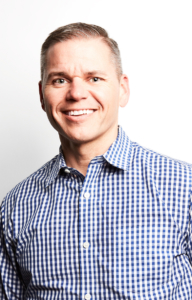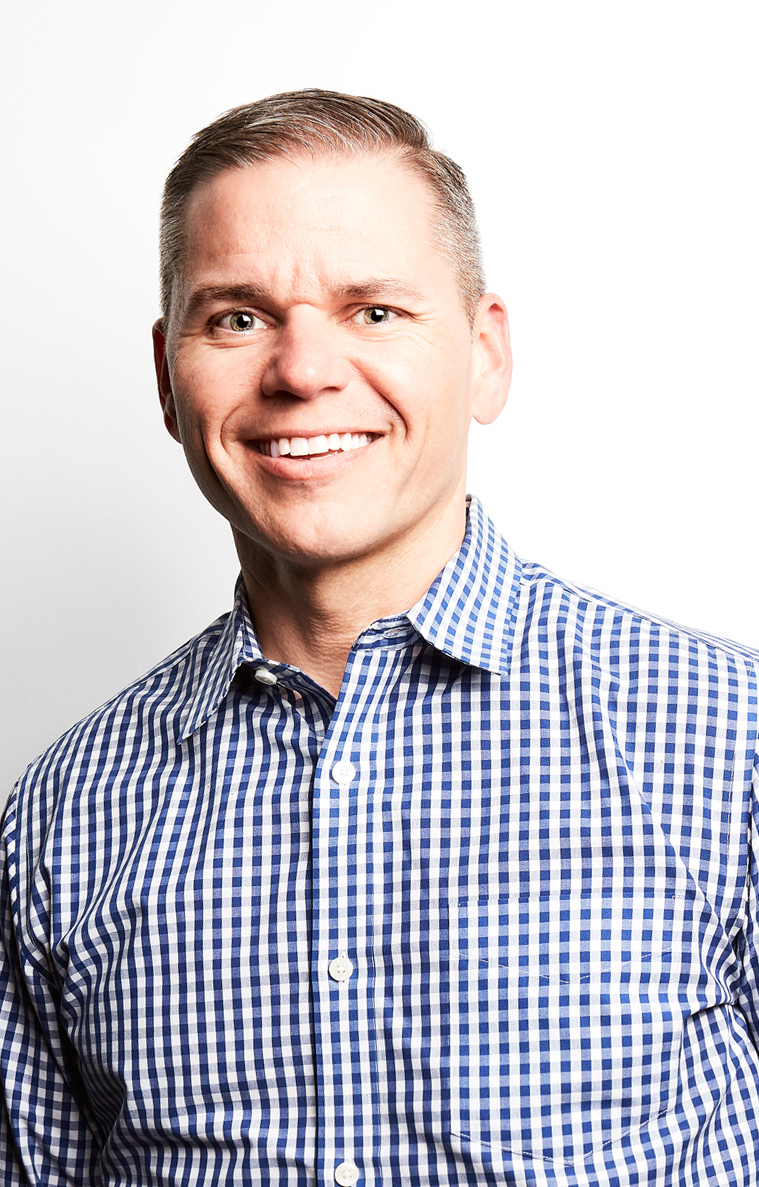 Meet Chaney Mosley, incoming ACTE president-elect. To say hello and welcome, Techniques conducted an interview, which originally appeared in print in April 2022.
Meet Chaney Mosley, incoming ACTE president-elect. To say hello and welcome, Techniques conducted an interview, which originally appeared in print in April 2022.
What is your job title and what do you do?
At Middle Tennessee State University (MTSU), I am an assistant professor of agricultural education in the School of Agriculture. There, I provide training and development for preservice agricultural education students. In this role, I teach courses on program management and teaching methodology in addition to supervising student teachers. I also work as an assistant director of theTennessee STEM Education Center at MTSU. In this role, I collaborate with other faculty to research and conduct outreach aimed at improving K–20 STEM education. Additionally, I’m a captain in the Tennessee Army National Guard where I coordinate joint military support to civil authorities during domestic emergencies.
What was your education experience like? What did you study?
I attended high school in the 90s when students were tracked into either a college preparatory path or a technical path. A lesser-known option I discovered was the dual path, which offered more flexibility in my schedule. So, in high school, I took agricultural education courses for four years. But I also took business education coursework and a family and consumer sciences course my senior year so I could learn how to cook!
I earned a Bachelor of Science in agriculture business with a minor in secondary education at MiddleTennessee State University. During my second year of teaching high school agriculture, I enlisted in the United States Army Reserve and received training as a medical laboratory technician while completing an associate of health science degree from The George Washington University. I later earned a Master of Education in administration and supervision from Middle Tennessee StateUniversity and an educational specialist degree in educational leadership from the University ofWest Georgia. Further, I completed a Doctor of Philosophy in agricultural and extension education from Virginia Tech.
In your opinion, how can CTE conduct more effective outreach to diverse populations of students, faculty and stakeholders?
This is a multifaceted question. But generally speaking, one of the most essential practices for reaching diverse populations is through representation. People are more likely to engage in CTE when they see, hear and interact with those who share identities and experiences. In theory, the concept is easy to digest. In practice, though, not so much. By nature, humans desire a comfortable environment in which to work, where people express like-minded thoughts and opinions. When someone challenges that comfort level with a different thought or experience, it becomes uncomfortable — not because we don’t want to work with diverse populations, but because we don’t know how.
Personally, I don’t like having my assumptions challenged. But I have enough self-awareness to realize my perspectives are not always correct. And my ideas are not always the best, so I intentionally engage with those who come from different backgrounds. And I’m willing to have uncomfortable conversations and learn from the lived experiences of others.
So, to conduct more effective outreach in CTE, we must be intentional. Invite diverse populations into our kitchen to cook the meal, even if they bring unfamiliar ingredients. A seat at the table isn’t enough. Ultimately, it is the responsibility of those in leadership positions at all levels to make this happen.
What do you hope to achieve as ACTE president-elect?
When I joined ACTE, I didn’t realize how valuable membership was. After completing the fellowship program and realizing there were many opportunities, I became very involved with the organization.And I hope others will do the same! By serving on the ACTE board of directors for the past three years, I’ve worked to increase member engagement by communicating, collaborating and creating, and I want to carry that same purpose into the office of president-elect.
Communication must go both ways. Therefore, I want to ensure ACTE has systems in place to gather input from members about their interests and opinions, and to learn more about how ACTE can better meet their professional needs. Invite members and others to serve on committees or task force groups, and to present at conferences, ACTE will continue to grow its collaborative network of people who want to be involved. Committee and task force work often results in recommendations, policies, and programs. Showcasing this work demonstrates how the voices of members affect decision-making.
How has your experience in leadership at ACTE informed >amp; enhanced the work you do to provide high-quality CTE for all students?
Providing high-quality CTE for all students is not easy but it is something I continue to work on. My own lived experiences inform my efforts to provide high-quality CTE for all students. And, further, my work is informed by the opportunities I’ve had to develop as a leader.
I champion the notion of CTE for all because of past experiences when I felt excluded. I choose to engage where I may not be welcomed because, without participation in these spaces, change will not occur.
In ACTE, I found a space where I felt welcomed. And I have observed barriers to access being removed. I have participated in conversations aimed and facilitating inclusion and equity for all members and stakeholders. Because I felt welcomed and valued, I sought out leadership development opportunities within the organization. My experiences with ACTE have allowed me to collaborate and learn from others who share a vision. And finally, working with policy committee members and other state leaders from my region helped me appreciate the unique needs of state associations, realizing a one-size-fits-all approach to CTE was not appropriate.
What advice would you offer someone who wants to become more involved in ACTE leadership opportunities?
Raise your hand! If you want to become more involved in ACTE leadership, let someone know! Seek out the leaders in your state and/or region and ask to learn more about opportunities. You may also visit ACTE and Techniques online. The ACTE website is a treasure trove of information and resources. It’s a great place to start!







